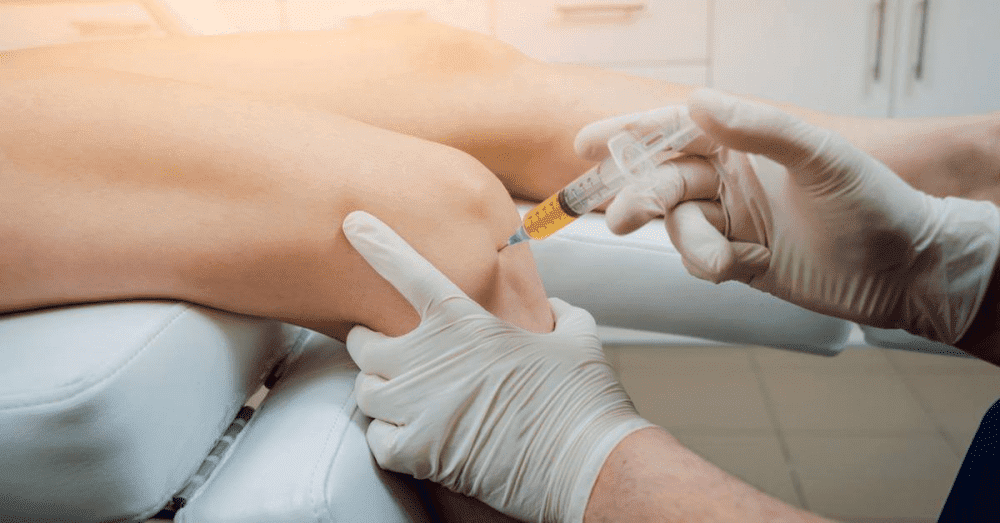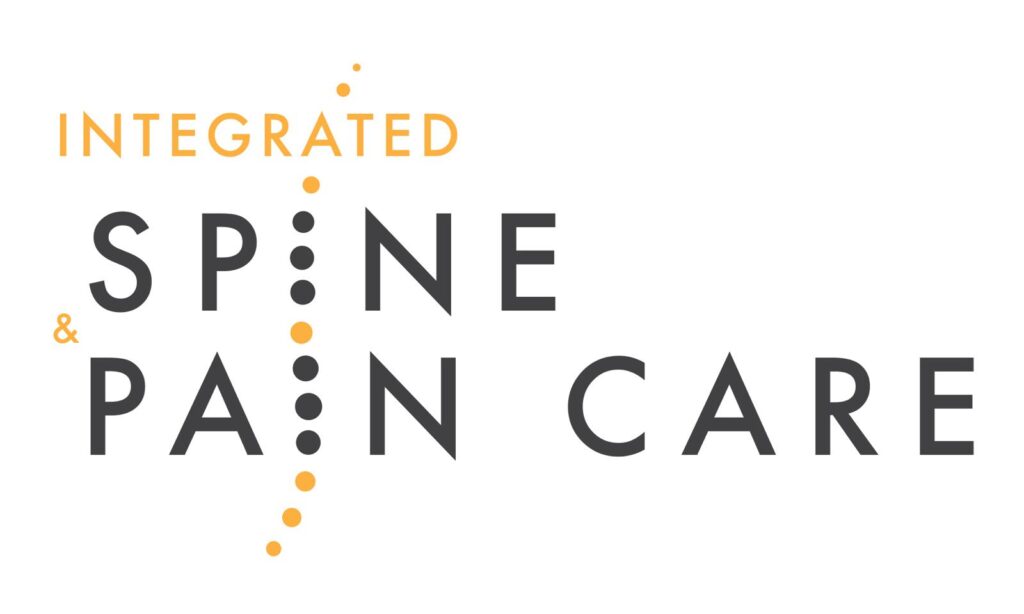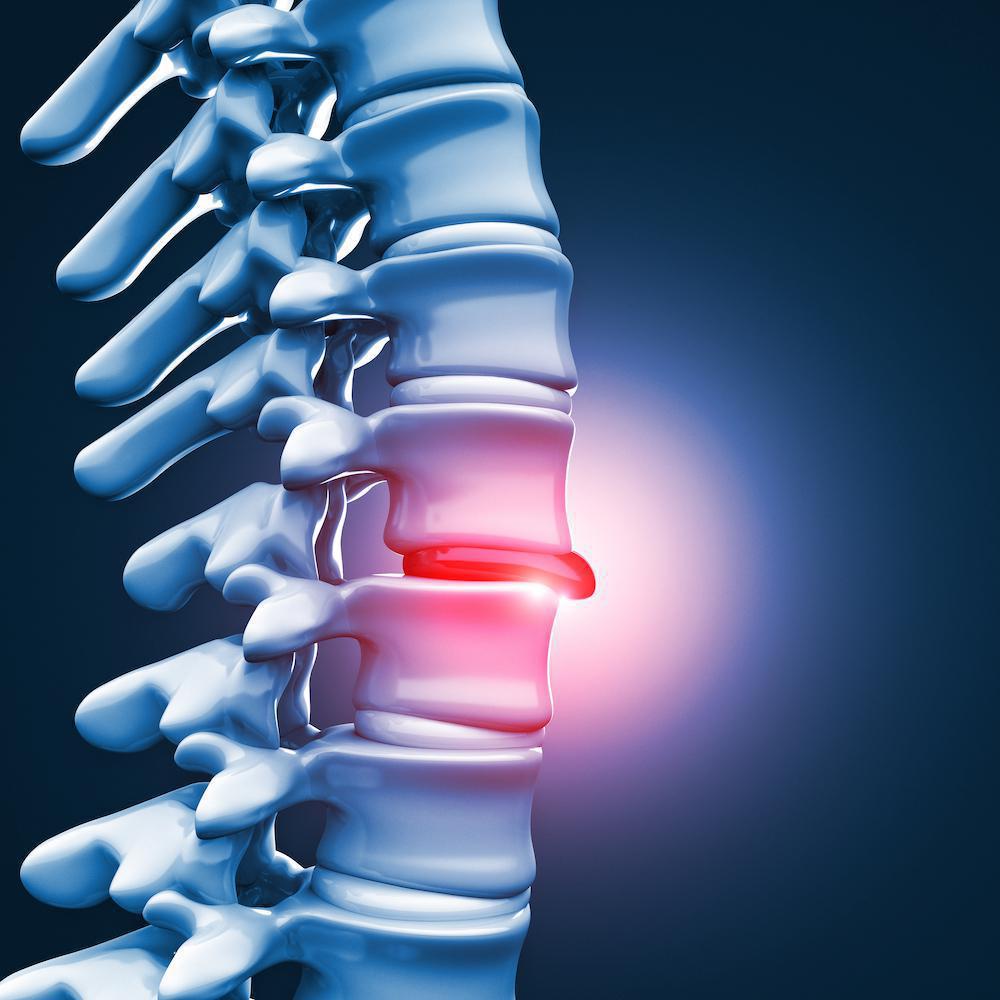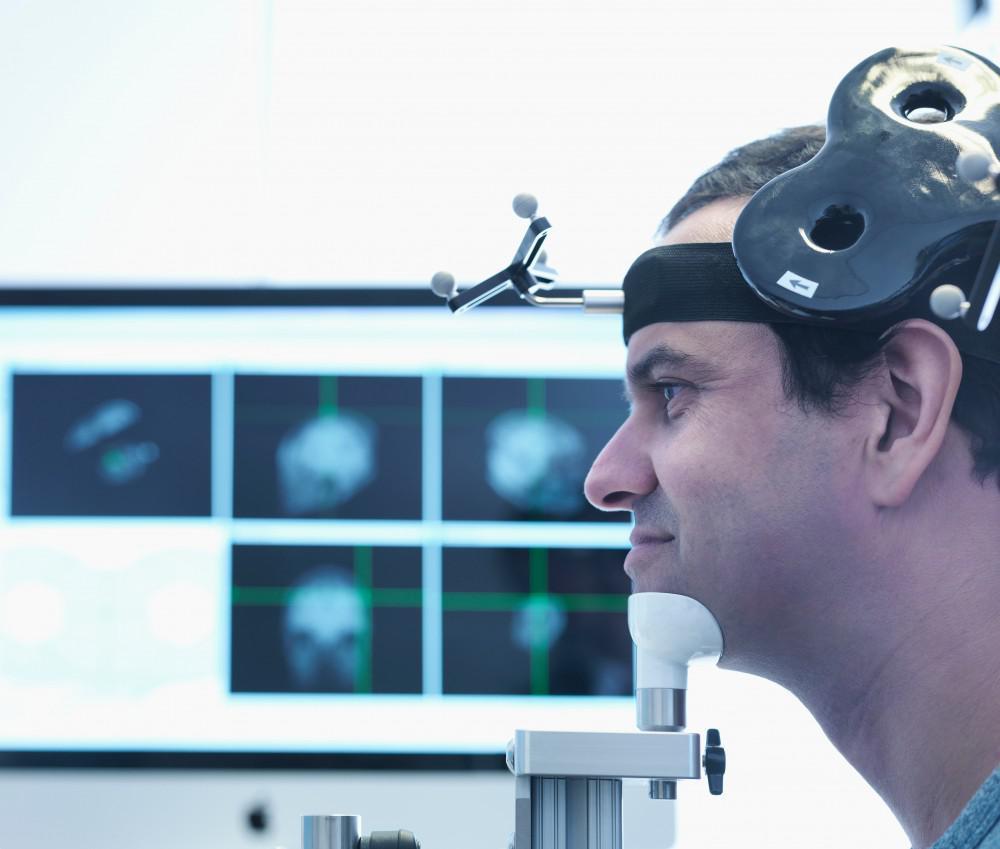Understanding Your Treatment Options for Herniated Disc Pain Millions of Americans are affected by herniated disc pain every year. If you’re one of them, these treatment options could help you feel better — and prevent more serious problems. Feb 1st, 2023
Learn more about TMS and Ketamine Treatments.
Am I a Good Candidate for PRP Therapy?

About 50 million American adults experience chronic pain, according to the CDC, and another 20 million have high-impact chronic pain. Some of this pain is so severe that it frequently limits the ability to perform many basic life activities. Many people with chronic pain believe that finding relief means long courses of pain medicines or invasive surgery.
In recent years, platelet-rich plasma (PRP) has emerged as a safe, effective treatment method for many types of chronic pain, including musculoskeletal and degenerative pain. At Integrated Spine And Pain Care, Mikael Sarij, MD, offers skilled, customized PRP treatment for people living in Farmingdale and Deer Park, New York. Here’s how to tell if PRP might be a good option for managing your chronic pain.
PRP: What it is and how it works
Platelet-rich plasma is a product derived from your own blood. Both platelets and plasma are primary components of blood. Plasma is the liquid portion of blood, while platelets are tiny structures that contain growth factors — special proteins that assist in healing damaged tissues.
PRP contains high concentrations of platelets and growth factors — much higher than what’s normally found in your blood. When PRP is reinjected into a damaged area, those growth factors go to work immediately, promoting a healing cascade that helps repair damaged tissues and supporting the growth of new, healthy tissues to replace tissues that are too damaged to repair.
During your treatment, Dr. Sarij takes a sample of your blood and processes it using a centrifuge. The device separates platelets from your blood, then concentrates the platelets before returning them to the plasma part of your blood.
The final product — PRP — is injected directly into the area of injury, typically using ultrasound technology to ensure the most precise placement. The injection area is numbed first with a local anesthetic to keep you comfortable throughout your treatment.
Most people see improvements in about 4-6 weeks, once the platelets and growth factors have had a chance to “kick in” and begin tissue healing.
Ideal PRP candidates
Since PRP is made from your own blood, there’s no risk of an allergic reaction, making it a safe, effective treatment for most people. PRP can be a good treatment option for people with both acute and chronic issues affecting muscles, ligaments, and other soft and connective tissues, including problems like:
- Tennis or golfer’s elbow
- Arthritis
- Rotator cuff tears
- Achilles tendon problems
- ACL injuries
- Plantar fasciitis
- Sprains
- Tendonitis and tendinosis
Often, PRP is suggested once other types of treatments, like physical therapy, have proven ineffective in providing adequate relief.
While PRP therapy can benefit many people, the best candidates tend to be those with early- to mid-stage disease with overall good health.
PRP isn’t ideal for everyone. It might not be a good choice for you if you:
- Have a blood disease or a bleeding disorder
- Are anemic
- Are pregnant
- Are undergoing anticoagulation (anti-clotting) treatment
- Have an active infection or another issue that could spread from injections
It also might not be the right choice for a person with very severe, advanced arthritis and significant joint damage and deterioration.
Find out if PRP is right for you
If you have chronic pain or an acute condition, like a sprain, the best way to know if PRP could help you is to have Dr. Sarij evaluate your pain and medical condition. If the two of you decide PRP might be a good option, Dr. Sarij will develop a treatment plan optimized for your needs. To schedule your evaluation, call the office or book an appointment online.
You Might Also Enjoy...
Stem Cell Therapy: An Innovative Way to Treat a Variety of Issues Your body possesses some amazing healing powers. Think about how quickly a paper cut heals. What if that power could be harnessed and directed? Stem cell therapy does just that. Jan 11th, 2023
Why Wait Until the New Year? 5 Good Reasons to Start Your Medical Weight Loss Program Now With medical weight loss support, you can achieve lasting, healthy weight loss. Why wait to get started? Here’s what you need to know about starting your weight loss journey now. Dec 1st, 2022
Use of Ketamine for Pain Management in Hospice Care Pain management is a vital part of supportive care in hospice. Ketamine is a novel option that can be used alone or in combination with opioids to keep patients who are experiencing refractory pain comfortable. Nov 2nd, 2022
What Is Transcranial Magnetic Stimulation and What Does It Treat? Transcranial magnetic stimulation (TMS) is changing the game in treating mental illness, chronic pain, and more. If you or someone you care about lives with a treatment-resistant condition, you should know about this option. Oct 10th, 2022
If You're Living With Fibromyalgia Pain, Ketamine Can Help The symptoms of fibromyalgia can be so widespread that they affect you daily. If you’re ready to find some relief — especially if other treatments have failed — it may be time to consider ketamine infusions. Sep 1st, 2022
Powered by CRAMMAZE







